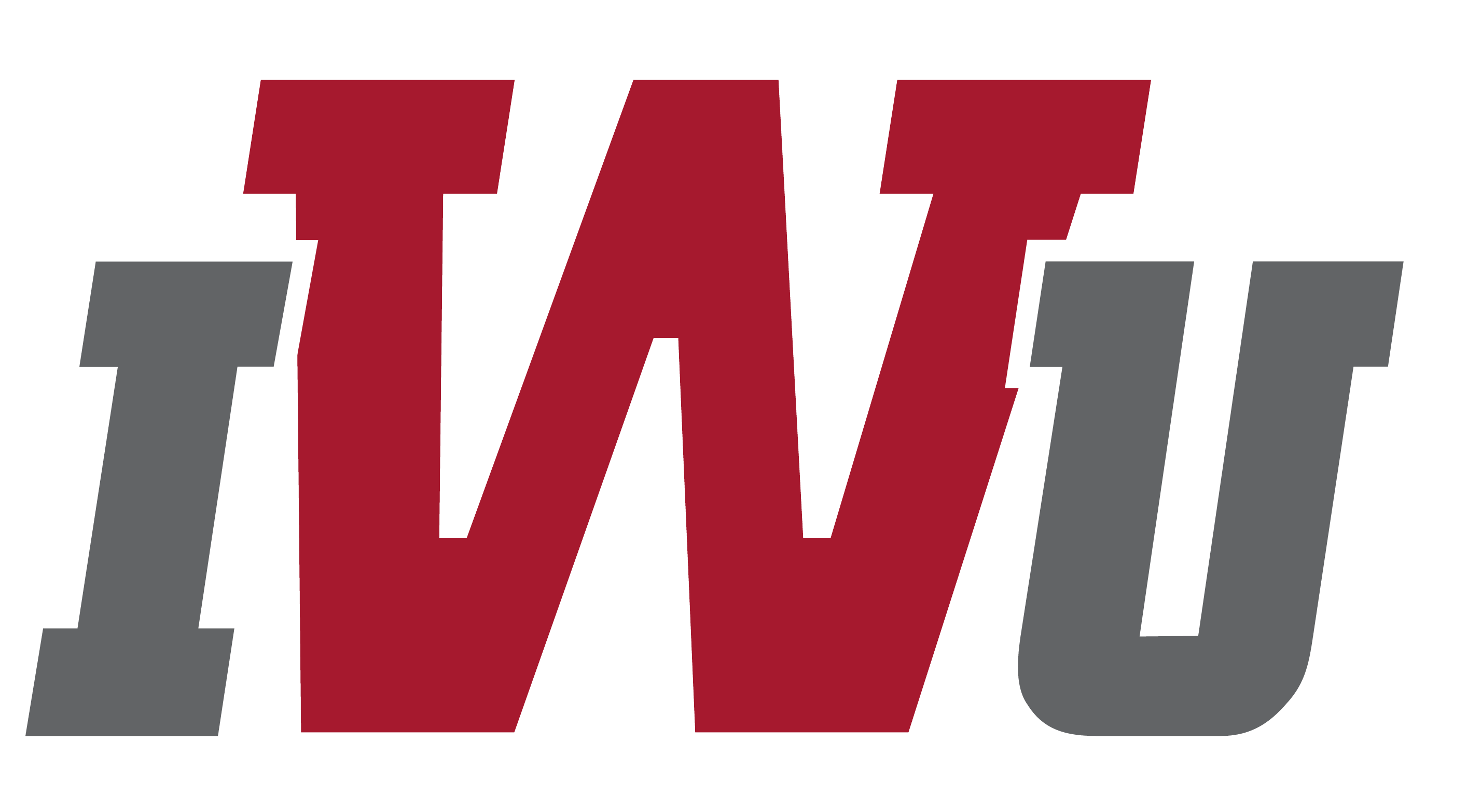 B.S. Engineering Degree
Next Start |
B.S. Engineering Degree
Next Start |
If you want to pursue an engineering career, earning a Bachelor of Science in Engineering at Indiana Wesleyan University is the perfect way to become a world-changer who uses God’s resources responsibly. Within this comprehensive and experiential program, you can choose a specialization in civil, computer, design, electrical, or mechanical engineering. Our curriculum prepares you to be an engineer who stands out among your peers and also provides the foundation needed to pursue a graduate-level program if that is your goal. At IWU, you can learn how to integrate biblical principles with engineering practice.
There are several benefits to pursuing your degree in engineering at IWU. This degree program is taught by faculty members with experience in various fields of engineering who bring course content to life in the classroom and laboratory. The faculty will become mentors in your faith journey, integrating classroom learning with biblical truths in a Christ-centered environment that encourages spiritual growth. IWU provides a complete system of support for students to help them succeed and develop connections that will launch them into a successful engineering career.
The courses in the engineering program are designed to help students gain a comprehensive foundation in engineering along with leadership skills for high-level roles. Design thinking is an integral part of the engineering curriculum in each of the five concentrations (civil, computer, design, electrical, or mechanical engineering), with some courses for the design concentration taught by Art + Design faculty. Class sizes are kept small, and delivering hands-on, interactive coursework is a priority.
2025 ABET Engineering Program DataIWU has provided education for more than 100 years.
Faith-integrated curriculum and a commitment to changing the world.
Center for Student Success for counseling, tutoring, and more!
IWU surpasses the national averages in a number of important educational benchmarks, including, but not limited to: higher than average graduation and career outcome rates. Plus, compared to the national average, IWU students receive their education with lower than average student debt!


David Che
Professor
Dr. David Che is the Engineering Program Director and Professor of Mechanical Engineering. He earned a doctorate in Mechanical Engineering from the University of Michigan, where he also did postdoctoral research. Dr. Che has extensive experience in both academia and industry...
Coursework for this bachelor’s degree in engineering covers how to:

These courses contain the program-specific knowledge. Upon completion, you should have the tools to conquer your new career with confidence. For a full list of courses and prerequisites required to complete your degree, please visit the course catalog. Click on a course below to view the description.
MAT-253,MAT-254,MAT-265,PHY-221,PHY-222,CHE-488,CIS-121,EGR-121,EGR-142,EGR-211,EGR-270,EGR-230,EGR-380,EGR-360,EGR-481,EGR-482

IWU offers one four-year degree program in engineering. Within this program, students may choose a specialization in civil engineering, computer engineering, electrical engineering, mechanical engineering or design engineering.
IWU also offers an Engineering minor.
The IWU Engineering program will produce graduates who are diverse and widely recognized for their motivation and faith-inspired call to service, outstanding technical proficiency, broad development from a Christian liberal arts perspective, and mature relational and leadership skills.
